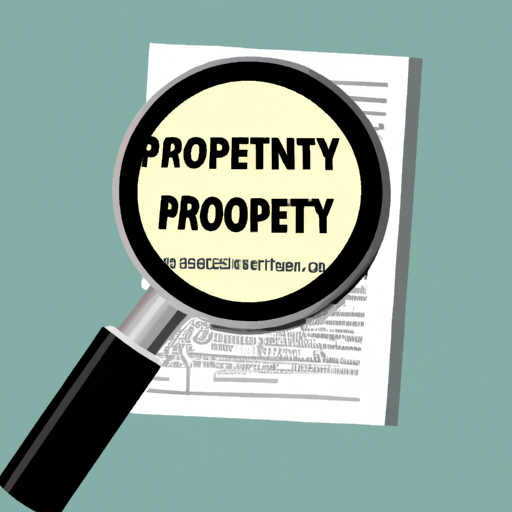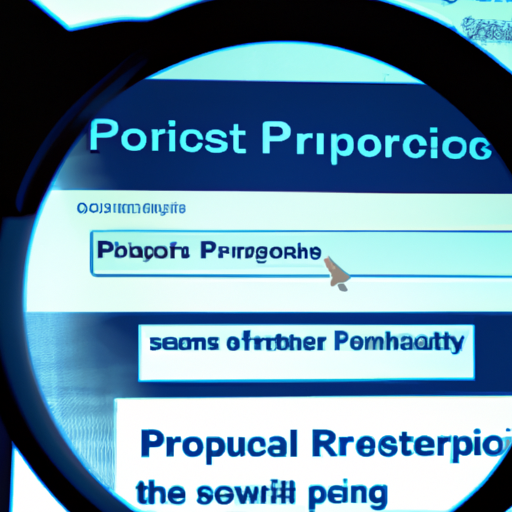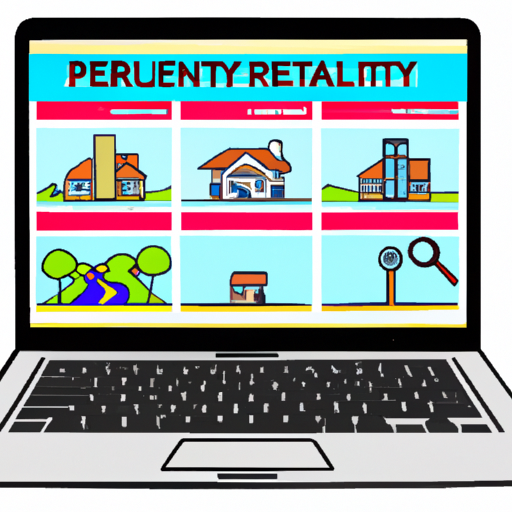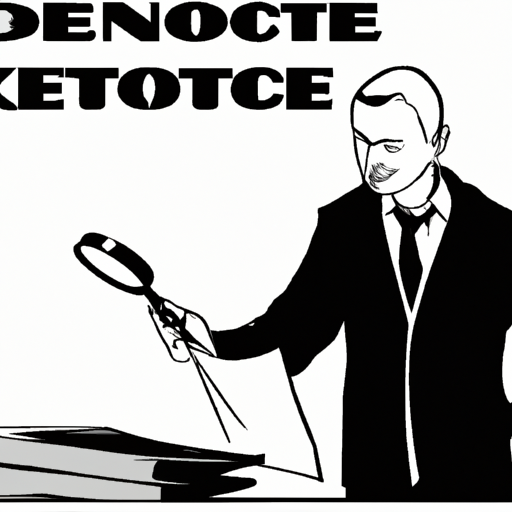Knowing who owns the property is important for making informed decisions and avoiding disputes. Public records and online tools can help find property information, while municipal databases and government agencies are reliable sources. If an independent search fails, alternative options are hiring a private investigator or consulting a real estate agent.
Have you ever wondered who owns a certain property? Whether you’re a potential home buyer, a curious neighbor, or just interested in understanding the dynamics of your community, knowing who owns a property can provide valuable information. In this article, we will look at different methods to find out who owns the property. From uncovering hidden secrets in government archives to using online tools and local government resources, we’ll guide you through the process of discovering property information. In addition, we will discuss alternative approaches such as hiring professionals or using legal channels to disclose property details. Get ready to embark on a journey of discovery as we delve into the world of real estate ownership and the importance of knowing who owns the property.
- 1. “Understanding the Importance of Property Ownership: Why It’s Important to Know Who Owns Property”
- 2. “Research of state archives: revealing the secrets of identifying real estate ownership”
- 3. “Effective online tools: using the power of technology to identify property owners”
- 4. “Navigating local government resources: using municipal databases to obtain property information”
- 5. “Alternative approaches: hiring professionals or using legal channels to disclose ownership details”
1. “Understanding the Importance of Property Ownership: Why It’s Important to Know Who Owns Property”

Understanding the Importance of Property Ownership: Why it’s important to know who owns the property
Knowing who owns the property is important for a variety of reasons. First, it provides clarity and certainty about the legal rights and responsibilities associated with property. Understanding property ownership helps individuals or businesses make informed decisions about its use, sale, or any other transaction related to it.
One of the main reasons why knowing who owns the property matters is for legal and financial purposes. Title is a fundamental aspect of real estate law because it determines who has the right to own, use, and transfer property. When individuals or organizations consider purchasing or investing in real estate, they must verify ownership to ensure the transaction is legal and avoid any potential litigation.
In addition, knowing who owns the property is important for taxation and property valuation purposes. Local governments rely on accurate property information to determine property taxes and other assessments. By identifying the rightful owner, the authorities can ensure that the property is subject to tax
2. “Research of state archives: revealing the secrets of identifying real estate ownership”

One of the most effective ways to find out who owns a property is to examine public records. Public records are a valuable resource that can provide detailed information about a property. These records are usually maintained by government agencies at the county or city level.
To begin your search, you’ll need to visit the appropriate government agency or website that handles property records. In most cases, this will be the county clerk’s office or the assessor’s office. These offices are responsible for maintaining and updating property records, including ownership information.
Once you have access to public records, you can search for specific properties that interest you. This can usually be done by typing the property address or lot number into the search bar. The records will then display current and historical ownership information, including the names of the property owners, their contact information, and sometimes even the price and date of purchase.
In addition to ownership information, public records can also reveal other important ownership details. This may include any lien
3. “Effective online tools: using the power of technology to identify property owners”

In today’s digital age, finding information about real estate owners has become much more accessible and convenient. Thanks to technological advancements, there are several online tools that can help you uncover the identity of a property owner with just a few clicks. These tools are not only effective, but also save you time and effort compared to traditional property research methods.
One of the most popular online tools for identifying property owners is the county assessor’s website. County assessors maintain public property records, and many have posted this information online. By simply visiting the county assessor’s website for the specific county where the property is located, you can often search for property records using the property address or lot number. This tool can provide you with valuable information about the property owner, including their name, contact information, and even the appraised value of the property.
Another useful online tool is real estate websites. Websites like Zillow, Realtor.com, and Trulia don’t just list properties for sale
4. “Navigating local government resources: using municipal databases to obtain property information”

One of the most reliable sources for finding out who owns a property is through local government resources, including municipal databases. These databases contain comprehensive information about properties in a particular jurisdiction, making them a valuable tool for your search.
To effectively navigate these resources, start by visiting your local government website. Look for a section related to property or real estate, as this is where you are most likely to find information about accessing their databases. Some municipalities may require you to create an account or pay a small fee to access the data.
Once you have access to the municipal database, you can start your search by entering the property address or the property owner’s name, if you have that information. The database will then generate a report containing information about the property, such as the owner’s name, mailing address, and possibly even contact information.
It is important to note that not all municipalities have access to property information online. In such cases, you may need to visit a local government agency in
5. “Alternative approaches: hiring professionals or using legal channels to disclose ownership details”

While conducting an independent search is a viable way to find out who owns a property, it may not always provide accurate or up-to-date information. In some cases, it may be necessary to seek professional help or use legal channels to disclose ownership details. Here are some alternative approaches to consider:
1. Hire a private investigator. If you are having trouble finding the owner of a particular property, hiring a private investigator may be a good option. These professionals have the necessary skills and resources to dig deeper and uncover details of a property that may not be readily available to the general public. They may do extensive research, visit government archives, and even interview neighbors or local authorities to gather relevant information.
2. Contact a real estate agent: Real estate agents have access to multiple listing services (MLS) and other databases that contain detailed property information. They can use their experience and connections to help you find a property owner. It is important to note that some real estate agents may
In summary, finding out who owns the property is critical for a variety of reasons. From litigation to property management, having accurate property information is vital. Fortunately, there are several methods available to uncover this information. By understanding the importance of property ownership and using tools such as public records, online resources, and local government databases, people can successfully identify property owners. Additionally, alternative approaches, such as hiring professionals or using legitimate channels, provide additional opportunities to obtain property information. Ultimately, knowing who owns property empowers people to make informed decisions and ensures transparency in property transactions.
 Purex find
Purex find